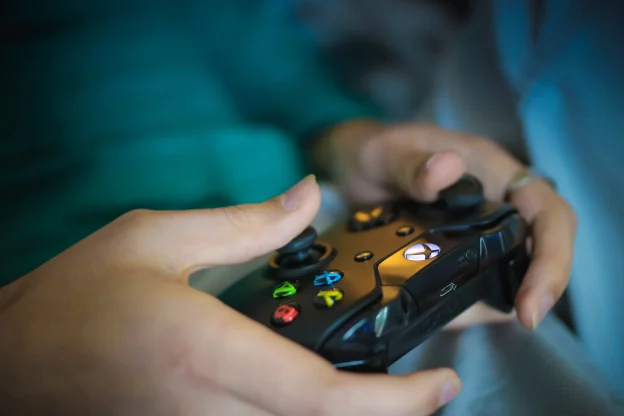Introduction
Technology has immeasurably changed video gaming and roulette, and as it continues to morph and transform the trajectory of these titanic industries, looking at the bigger picture and how important extenuating factors help drive the more extensive market at play is also vital. Roulette gaming long predates the existence of video gaming, but the latter has now become a formidable force in the world of global entertainment. However, with supernatural phenomena like luck and superstition playing a crucial role in how millions of gamers view each industry, how much of an impact does it truly have, and is there a way to put luck in your favor?
The Relationship Between European Roulette & Luck
Casino gaming is an interesting business, and while the house might always have an edge, people execute various betting techniques and strategies on the casino floor. However, luck will always play a significant role in determining whether someone is a winner or not. In poker, players can apply more conventional techniques, and luck is just one part of the equation if you are a player of high quality. In roulette, it is an entirely different dynamic.
For players who are looking to learn how to play and possibly succeed at European roulette, the only place to begin is by looking at the nature of the game and how the odds work. Roulette follows a simple mathematical structure, meaning that all specified sections on the table have a set of rigid odds that don’t change. In European roulette, the existence of a 0 is what gives the house a slight edge. In American roulette, there’s a single and double zero, which provides the house with a further advantage. Simply put, luck is the only force to establish if a spin succeeds or not, though players can choose their level of risk tolerance and choose not to bet on long-odds outcomes for a better success rate.
When you explore the different types of perceived strategy in roulette, such as the Martingale or Fibonacci, they are often explained as strategic ideas. Strategy implies some techniques can help you put the odds in your favor or manage any loss more effectively. Other than understanding how some sections of the table have higher odds and managing your approach more conservatively, there’s no other strategy to bolster your chances of a win at the European roulette table; luck is everything in this game.
Video Gaming – Complete Skill Or Complete Luck?
The existence of professional tournaments in video gaming highlights that there’s a lot more than luck that plays a role in determining the ranking of players. European roulette tournaments don’t exist, which again solidifies this point. Professional video gaming may remain a genuine, global entertainment industry. Still, all early signs suggest that it is here to stay and will provide new opportunities for those with a passion, desire, and skill to play video gaming as their full-time profession.
Games like Counter-Strike 2, Fortnite, League Of Legends, and sports games like NFL Madden and FIFA generate tournaments that millions of people tune into globally. All of these games require immense levels of skill. Otherwise, there wouldn’t be a tiered system that clearly distinguishes the elite players from the solid ones and the solid ones from the relatively average or mediocre. Like any skill, you can improve your video gaming ability by spending hours perfecting your strategy, seeking tips, playing against other established players, or joining communities where you can find tips and tricks to finetune your skill.
Varying levels of luck and skill may be involved in different games, and because of the industry’s sheer size, it’s hard to deliver a definitive, categorical answer. Classic, retro games like Tetris involve a massive slice of luck. Still, game designers deliver complex, intricately orchestrated video console games with gigantic designs, so luck has started to play a diminishing role, with more emphasis on skill and strategy, particularly in open-world and first-person shooter games.
Comparative Analysis
There’s no denying there’s some crossover between roulette and video gaming. Both have flourished in an online world and continue to attract new customers from all over the globe. Comparatively, they’re continuing to innovate, and while there are noticeable differences to consider, both markets are on course to continue their ascension. This inevitably creates opportunities for people and allows designers to explore new fields.
Since design has been given such a prominent role and artistic freedom, free games, in-game purchases, and online tournaments have exploded in popularity and continue expanding their market reach. While skill plays a significant role in the outcome of top-level video game tournaments, luck plays an extremely minor role. Conversely, European roulette requires no skill, and you can do nothing to make yourself objectively better at the game. Of course, learning the rules is vital, but just because you understand the game doesn’t give you a better chance of winning against the house compared to anybody else. Ultimately, luck drives the action in European and American roulette, while video gaming has many more components and nuances

